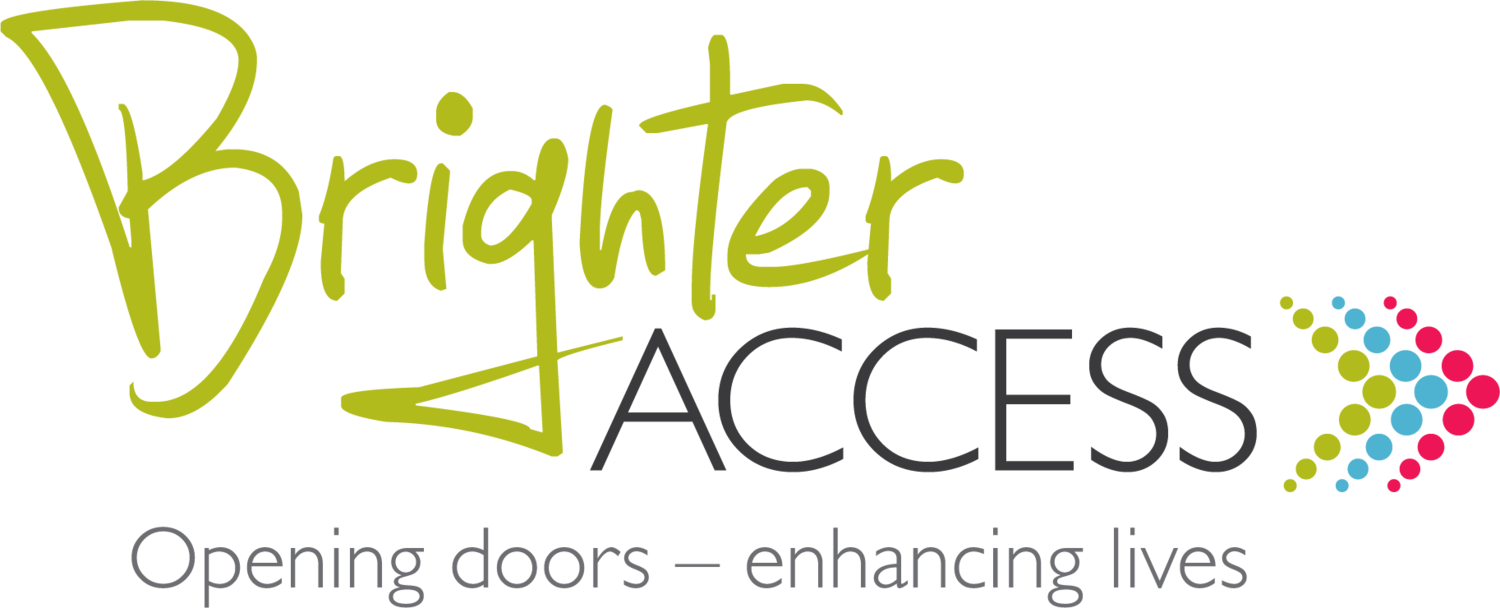Anne finds her passion in behaviour support
Brighter Access’ Specialist Behaviour Support Practitioner, Anne Campbell began her career in disability as a Family Counsellor for an Early Childhood Early Intervention Service in Wagga Wagga. Fresh from completing her counselling degree, Anne quickly realised the families she saw needed more than an empathic witness to their troubles; they needed strategies to manage their “littlies” who had a disability.
“I approached the manager at the time, about sending me to Queensland University for training in the ‘Triple P Parenting Programme’, just as it was entering the roll-out stage,” Anne said. The programme was so beneficial that many of Anne’s colleagues also participated.
“The rest they say, is history. Supporting parents and carers with behaviour support strategies that work has been my passion for many years,” she said. In 2017, Anne came to work with Brighter Access and describes her current role below.
“My role involves working in a person-centred manner with NDIS participants who have behaviours severe enough to exclude them from social interaction and community involvement. The work comprises a functional behaviour assessment to find out why the behaviour occurs, and to write a report and Behaviour Support Plan, for staff and family to follow.
“The purpose of the plan is to reduce the behaviours and provide a better life for the participant. A functional assessment is science-based knowledge applied across various environments, using the participants preferences, values, and goals within their communities of support,” Anne explained. Positive Behaviour Support works to improve the quality of life of the participant and reduce the impact of their behaviours on themselves and those who support them.
Anne works to understand why the participant engages in behaviours of concern and then addresses their need. Positive Behaviour Support relies on three related foundations:
Understanding why the person does what they do (by conducting a Functional Behaviour Assessment across all services they frequent).
Checking the environmental causes (what’s happening in their world) and make changes to minimise the need for behaviour.
Teaching new and replacement skills to help participants live their life without exclusion and provide interesting things for them to engage with. With new replacement skills, the participant does not have to use behaviour of concern to get what they want.
“It takes a while to write a ‘you-beaut’ behaviour plan, but when complete I discuss it with the supporting team to get their input. Then there is training with staff and families in using the Plan using an active support approach (every moment has potential). I manage and mentor a fantastic Behaviour Support Team who are working with me on these assessments and plans, providing guidance and support to participants, families and staff,” Anne said.
If you would like to know more about our Specialist Support services, click here, or call us today on 1300 908 122.


